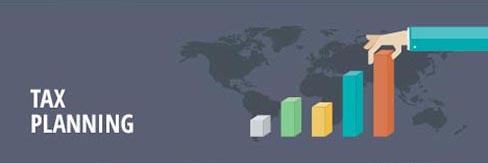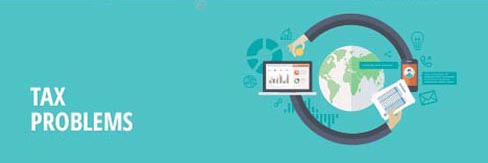
SELF EMPLOYED SOLE TRADERS

TRADE
WAY TO
THE SIMPLEST
TRADE
WAY TO
THE SIMPLEST
OUR
PROCESS
GET IN TOUCH
WITH US
GET TO KNOW
US
When you're setting up a business, you'll need to make a decision as to whether you set up as a sole trader (known as self-employed) or limited company. A sole trader is the simplest form of trading entity. As a sole trader, you will need to notify HM Revenue and Customs that you are trading even if you already send in a tax return. As a sole trader, changes in your business can be met quickly and you have complete control over your business and accounting affairs. However, a disadvantage is that you will be personally responsible for your business debts. You can become a sole trader whilst working as an employee for someone else.
Annual Accounts and Tax Returns for Sole Traders
Tax for self-employed individuals is calculated via the annual self assessment process. As a sole trader, you will need to prepare self-employed annual accounts and submit a tax return.
The tax due on the business profits is paid in two instalments on 31st January and 31st July.
Value Added Tax (VAT)
Despite registering as self-employed, you will not automatically be registered for VAT.
This will be relevant if your business turnover reaches certain thresholds.
It is possible that you will be better off if you register for VAT even if your annual turnover is below the annual threshold. This is most likely if the majority of your customers are VAT-registered businesses, so can reclaim the VAT you have charged them.
Self-Employed pages ► Self Employed sole traders ■ Registration and National Insurance ■
Registered office: 61 Friar Gate, Derby, Derbyshire, DE1 1DJ T: 01332 202660
Adrian Mooy & Co is the trading name of Adrian Mooy & Co Ltd. Registered in England No. 05770414
v
Services
.png?crc=484381513)

01332 202660
61 Friar Gate Derby DE1 1DJ

Sign
up
Newsletter

